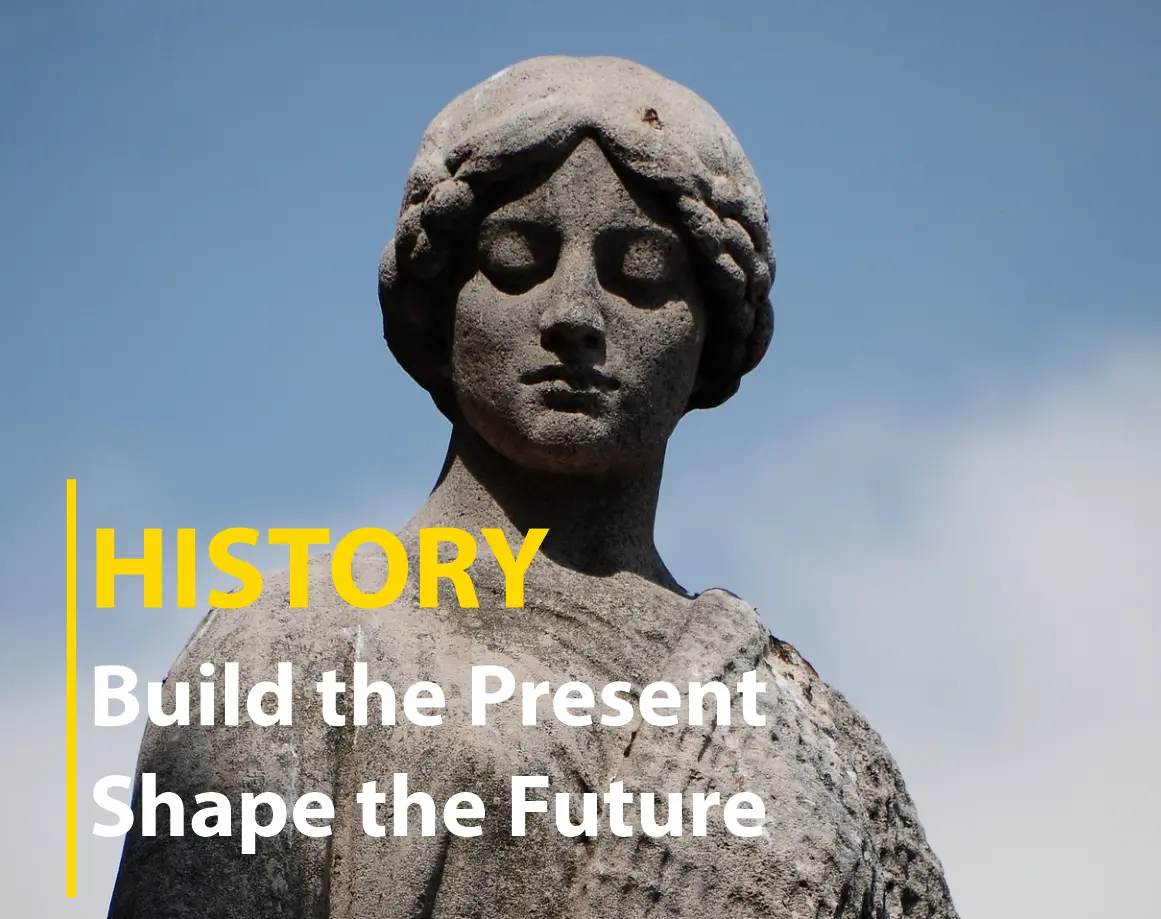Juan Pujol Garcia: The Story of Agent Garbo.Juan Pujol Garcia, also known as Agent Garbo, played a significant role during World War II. When the British declined his offer to help the allied powers, he approached the German Embassy and was recruited as a spy. He independently created a fictitious spy network and provided false information to the Germans. Eventually, Britain enlisted him as a double agent. He continued to deceive the Germans with inaccurate or delayed intelligence and played a crucial role in operations like Operation FORTITUDE and the success of D-Day.
Early life
Born on February 14, 1912, in Barcelona, Spain, Juan Pujol Garcia had military experience but avoided involvement in the Spanish Civil War. His exposure to both Republican and Nationalist factions during this period shaped his strong aversion to communism and fascism, influencing his actions when the Nazi regime gained power in Germany.
As the Nazis were gaining strength and invading other countries before World War II began, Pujol felt compelled to contribute positively to the war effort by becoming a spy. This decision reflects a common theme of ordinary individuals, such as French espionage agent Rose Valland, engaging in espionage activities during times of conflict.
Entering the World of Espionage
In January 1941, Juan Pujol Garcia visited the British Embassy in Madrid with his wife and proposed to work as a spy for them. However, his offer was declined due to his lack of training and British citizenship. Despite being a former chicken farmer with a background in the Spanish Army, he persisted and approached the British two more times. After facing rejection, he turned to the Germans with a similar proposition.Receive the most recent articles directly to your email.
He successfully deceived the Germans by posing as a Spanish embassy employee using a counterfeit diplomatic passport and portrayed himself as pro-Nazi. Subsequently, he made contact with an Abwehr agent named Friedrich Knappe-Ratey who, after verifying his credentials, provided him with essential spy training. He was equipped with a codebook, invisible ink for secret communication, and financial resources before being dispatched to England to enlist additional supporters and gather intelligence for the war effort.
Living in Lisbon
Juan Pujol Garcia, known as Garbo from Venezuela, chose to settle in Lisbon, Portugal instead of going to England. Equipped with tools provided by his spy handler such as an English tourist map, information from the public library, and a shipping schedule, he created a fictional spy network in England. Despite making errors in currency conversions and the metric system due to not being physically present in England, Abwehr, the German intelligence agency, continued to trust him. If any discrepancies arose, he would attribute them to his informants.
British Involvement Begins at Last
It was a year later when Juan, along with his wife Araceli, approached the United States regarding his independent espionage activities. Subsequently, he was introduced to MI6 and recruited as a double agent. The British intelligence discovered a German spy through their code-breaking efforts, although they were initially puzzled by the discrepancies in the information provided, as Pujol solely relied on maps.
For security reasons, Pujol and his wife were relocated to England, where his handler Tomas (Tommy) Harris assisted him in creating a network of 27 fictional personas and composing over three hundred letters to Germany about his fabricated spy ring. The objective was to inundate the Germans with misleading information from Pujol, making it challenging for them to discern the truth.
With support from Harris, Pujol not only transmitted false data but also included specific details that would be rendered useless by the time the Germans received it, enhancing his credibility as an informant. This strategy extended to sharing information about Operation TORCH with the Germans. His collaboration with the British earned him the codename Garbo, inspired by the renowned actress Greta Garbo, known for her exceptional acting skills during that era.
- The Kitchen Debate: A Coldwar Showcase
- Kabbalah: A Journey Through Jewish Mysticism
- The Truth and Reconciliation Commission after Apartheid
D-DayÂ
This is a term used to refer to the day of an important military operation, specifically the Allied invasion of Normandy during World War II on June 6, 1944.The events of D-Day, which occurred on June 6, 1944, were the result of extensive collaboration from various groups. Agent Garbo, also known as Pujol, played a significant role in the success of this operation. Despite Germany being aware of the Allied invasion plans since January 1944, they were misled into thinking it would happen at Pas de Calais instead of Normandy. This misinformation caused them to deploy their troops to the wrong location.
Agent Garbo, like in previous instances, provided the Germans with some information about the Normandy invasion but deliberately delayed its transmission until after D-Day. He attempted to communicate with German radio operators through another informant, but they only responded five hours later than scheduled. This delay allowed him to provide outdated information, expressing his frustration to the Germans for not being available to receive his message promptly. He even hinted at abandoning his work if not for his strong convictions.
In the Later Years
Agent Garbo continued to serve the British during World War II. To avoid detection by the Nazis, he collaborated with the British government to fake his death due to malaria. It wasn’t until many years later that his significant contributions to the war effort were fully recognized. Agent Garbo was awarded an Iron Cross Second Class by Germany for his services, and an MBE from King George VI for his work as a double agent for the Allies. He is one of the rare individuals to receive honors from both sides of the conflict. His involvement in D-Day and espionage activities against the Germans remained largely undisclosed until Rupert Allason co-authored a book with Pujol titled Operation Garbo. Agent Garbo passed away in 1988, leaving behind a legacy as one of the most skilled double agents of World War II, despite having minimal formal training.















































